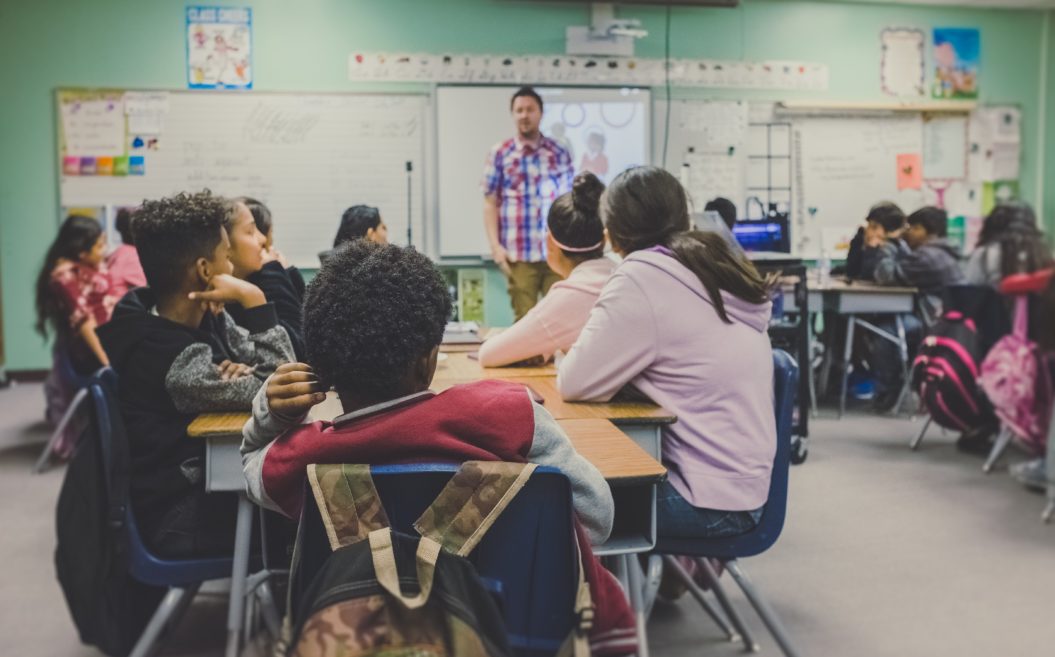
Social integration in Sardinian schools
The IMPACT project funded by the AMIF programme for the period 2019-2021, is implemented in
partnership with the Region of Sardinia (project leader), Sardinia Office of Education and private partners. The project aims to reduce learning difficulties, improve school attendance among young foreign students, by offering a wider range of educational courses, and facilitate social integration, mostly among peers. Project activities include tutoring, cross-cultural mediation services, Italian as a Second Language courses, awareness-raising and training programs for teachers, educational workshops, sports vouchers, informal education programs, individual and group orientation services, and family and social empowerment services.
The methodology is multi-actor and involves schools, associations and reception centres for the identification of beneficiaries; regional offices and other institutional subjects for the strengthening of governance and to guarantee the coordination of actions with other interventions on the territory.
The Project is articulated in four different actions co-designed with the Temporary Groups identified with a Public Notice:
- Qualification of the school system in multicultural contexts, also through actions against early school leaving (RT Cooperativa Sociale Studio and Project 2, Cooperativa Sociale Panta Rei Sardegna, Associazione NUR, Cooperativa Sociale La Carovana);
- Promotion of access to integration services (RT ExFor, IFOA, IDOS);
- Qualified information services, through regional and territorial communication channels (RT ExFor, IFOA, IDOS);
- Promotion of migrants’ active participation in economic, social and cultural life, also through the enhancement of associations (RT IAL Sardegna, ACLI Cagliari).
This project is a good practice because it has promoted a wider range of educational courses, facilitated the social integration of young migrants with their peers, by helping them share their cultural identity
and guiding them in a transition phase and make the right choices, and help foreign families play a bigger positive role in the formal and informal education of their children.